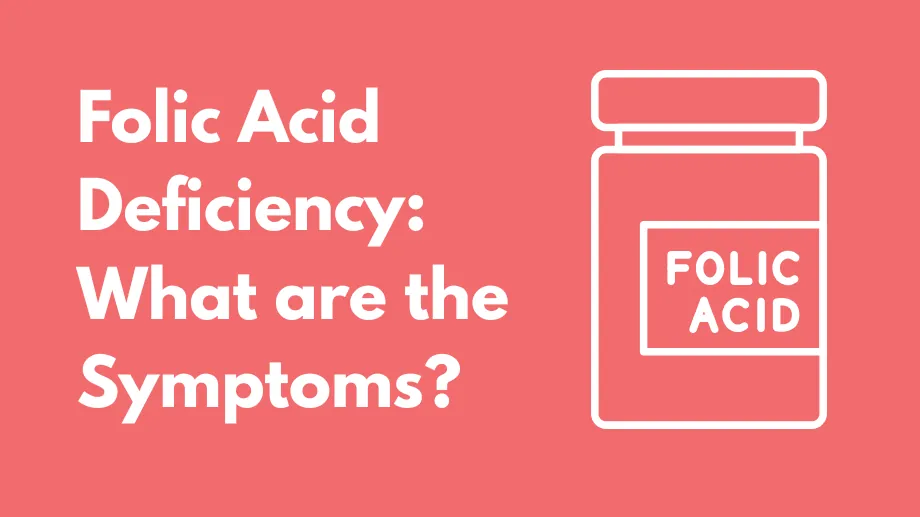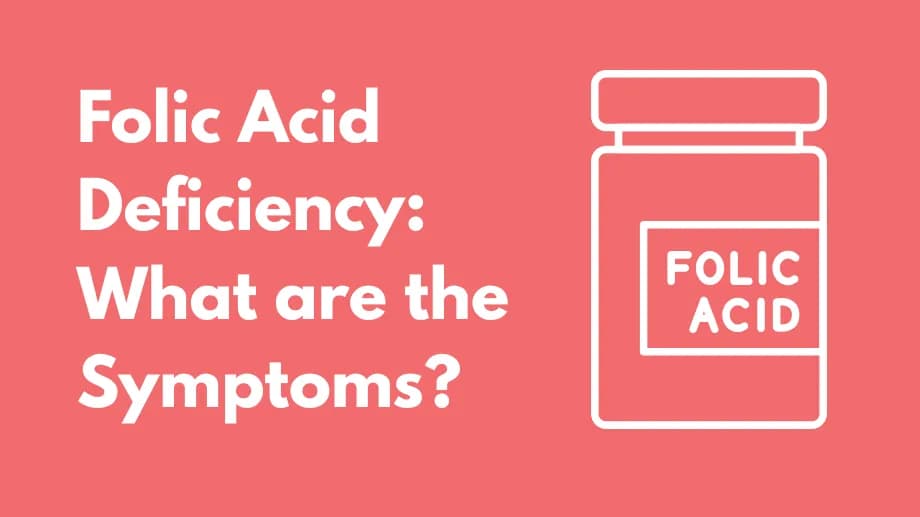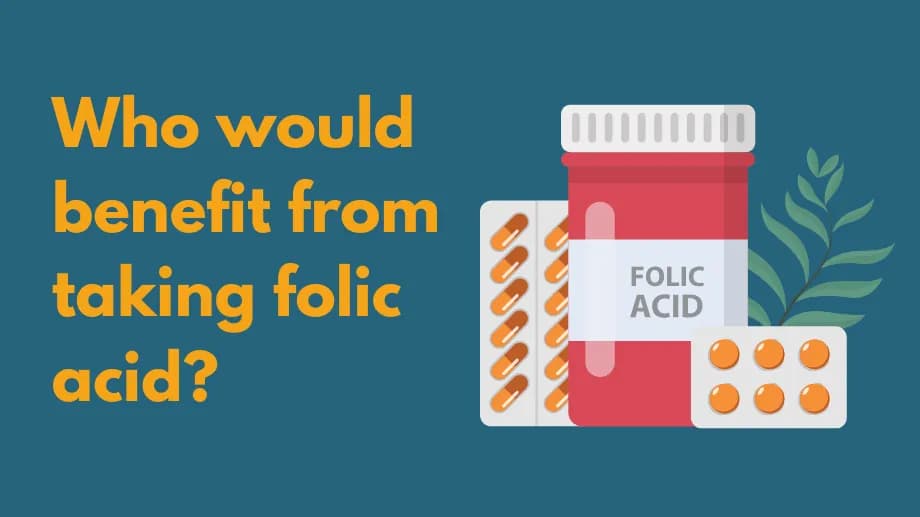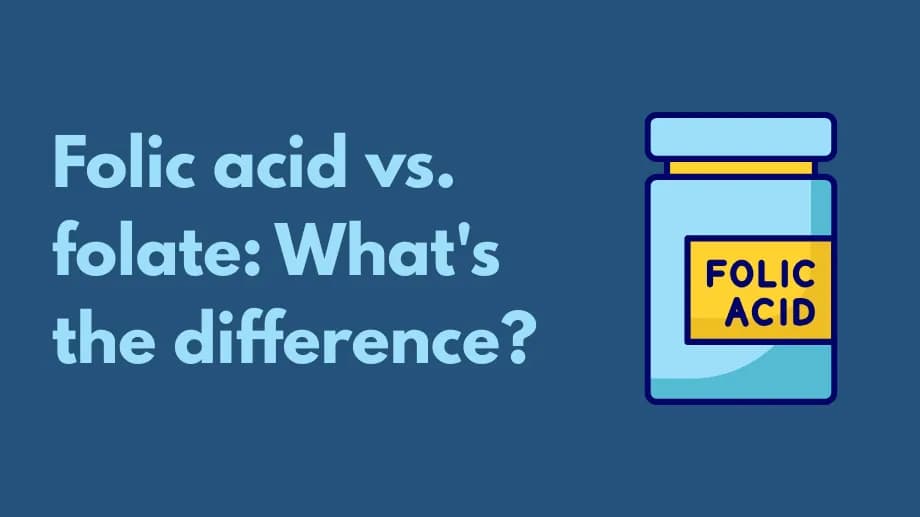Folic Acid Deficiency: What are the Symptoms?

Folic acid is crucial for making red blood cells and DNA. Without enough, you might develop a deficiency leading to anemia and other health issues.
Causes of Folic Acid Deficiency
Deficiency can result from poor diet, certain medical conditions, or medication effects. Common causes include:
- Malabsorption syndromes
- Pregnancy and breastfeeding
- Alcohol use
- Medications like phenytoin and methotrexate
- Lack of dietary folate
- Chronic diseases and surgeries
- Genetics
Symptoms of Folate Deficiency
Symptoms often develop gradually and can include:
- Fatigue and weakness
- Mouth ulcers and a swollen tongue
- Muscle weakness
- Loss of appetite and weight loss
- Numbness in hands and feet
- Pale skin and breathlessness
- Neurological issues like depression and memory loss
- Heart palpitations
Diagnosis and Treatment
Diagnosis is based on symptoms and confirmed with blood tests. Treatment involves dietary changes or supplements.
Prevention of Folic Acid Deficiency
Eating a balanced diet rich in folate is crucial. Foods high in folate include:
- Leafy greens, legumes, citrus fruits
- Liver and fortified cereals
- Pork, poultry, and mushrooms
- Whole grains like wheat bran
Potential Impact of Cancer on Folate Levels
Some cancers may exacerbate folate deficiency, necessitating supplements. Consult healthcare providers for tailored advice.
Sources
- Centers for Disease Control and Prevention (CDC)
- National Institutes of Health Office of Dietary Supplements
- Merck Manual – Consumer Version
- Blood Journal for research on cancer and folic acid deficiency


